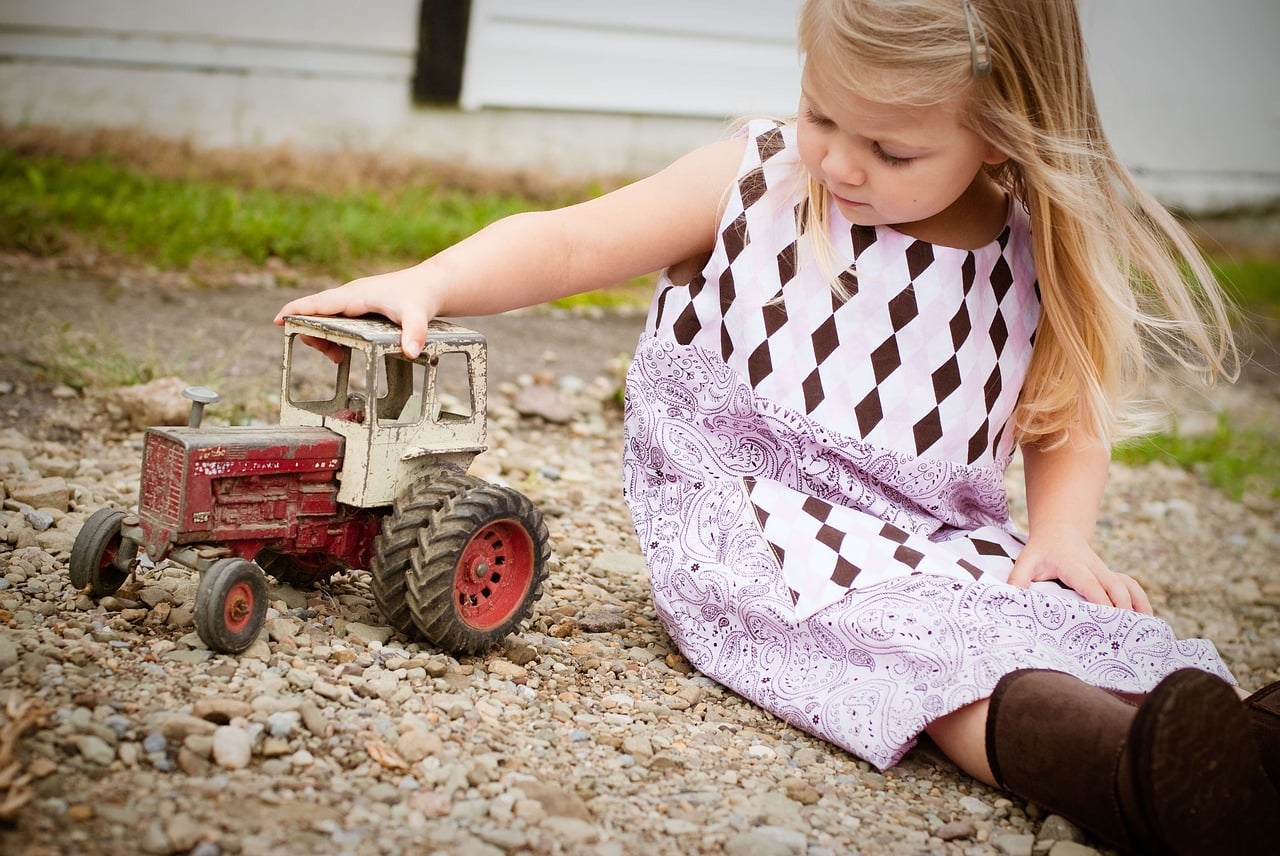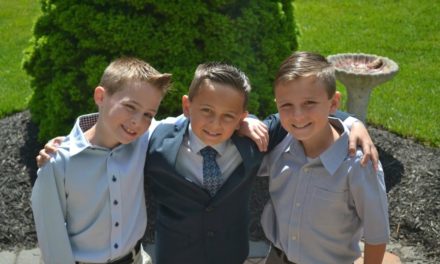Even teachers, who are there every day with children don’t have a particularly accurate understanding of the experience of their students. They see it all from the other side of the desk.
Teachers are often very busy and they view school through the lens of an educator and adult. Teachers are often teachers because they loved school. They know that everybody doesn’t have the same experience as them, but it is hard to get inside the heads of all your students.
Recently I was part of a design thinking program. We were looking at education and its future. The focus of our study was innovation and how innovations could transform learning. In order to do that, it was important to first understand the experiences of those in the system. Central to designing education, is students.
One of my colleagues in this project was Ali Barker. She is a high school English teacher in a co-ed, Catholic school. She is passionate about her students, her subject area and education generally. In order to better understand the experiences of students she was challenged to shadow a student for a day. To make sure her understandings were authentic, she went through exactly the same routines and experiences as a Year 11 student. She even wore the uniform.
Ali is young and actually looks like a student, so it wasn’t surprising that both kids and teachers stopped noticing her as the day progressed. Her insights from that day were interesting. Some were surprising, some less so.
For the purposes of our project she necessarily focuses on the negatives of her school day. We acknowledge that there are many great aspects of daily school life. There are many great teachers, great lessons and engaged students. However, it doesn’t hurt for us to occasionally be reminded of the challenges students face.
So what did she learn? Watch and find out…
As parents and teachers how empathetic are we? Often we feel as though our years of experience more than equip us to understand teenagers. I think perhaps that’s a mistake. We need a reality check every now and again. We don’t know what it is like to be a teenager in 2017. We can guess but we don’t know.
Maybe we should all challenge ourselves. We should be asking questions that lead to, “What is it like to be you?’ And then…be quiet. Just listen. Truly listening means just that; not giving advice, not solving the problems. Listen to understand; not to respond.






